EDAW is the abbreviation for “United Nations Convention on the Elimination of All Forms of Discrimination against Women”. This is the first legally binding international document to prevent discrimination against women and build a program of action to promote women's equal rights. CEDAW is also known as the “Convention on Women” or “International Treaty on Women's Rights”. The Convention includes a preamble and 30 articles adopted by the United Nations General Assembly on December 18, 1979 and entered into force on September 3, 1981. To date, 184 countries in
the world are member states of the CEDAW Convention. Vietnam ratified the CEDAW Convention on February 17, 1982 and became a member state of this Convention. [caption id="attachment_598714" align="alignnone" width="768"]
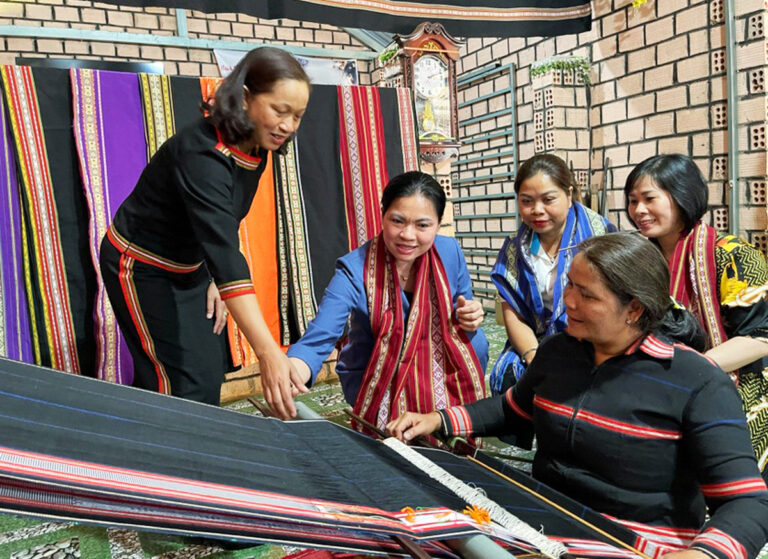
Member of the Party Central Committee, President of the Vietnam Women's Union Ha Thi Nga visits the model of the Women's Brocade Weaving Club in
Gia Lai province. (Photo: Gia Lai Newspaper)[/caption]
The importance of the CEDAW Convention CEDAW is the first international convention on women's rights not only in civil and
political aspects but also in economic, social, cultural and family aspects. CEDAW points out the influences of culture and tradition that limit women's rights and make it difficult for authorities to change prejudices, stereotypes, customs and practices that discriminate against women. CEDAW includes the principle of obligations of states. This means that women are no longer dependent on the goodwill of the State but the State must have undeniable obligations towards women.
CEDAW protects the rights of women- Right to education (Articles 10, 14): Men and women are given equal opportunities in vocational and professional training, to participate in learning and to obtain qualifications in educational institutions of different types in rural and urban areas. They are entitled to receive formal and non-formal training and education, including those related to literacy.
- The right to adequate health care services, including family planning services (Articles 11, 12, 14): the right to social security, in particular in cases of retirement, unemployment, sickness, disability, old age and other incapacity to work, as well as the right to paid leave; the right to health protection and safety at work, including the protection of reproductive functions.
- Right to borrow money from banks and participate in other forms of credit (Articles 13, 14): access to types of credit and loans for agriculture, market opportunities, and appropriate technology.
- The right to participate in recreational activities, sports and all aspects of cultural life (Articles 10, 13, 14): on the basis of equality, men and women have the right to participate in recreational activities, sports and all aspects of cultural life; participate in all community activities; men and women are given equal opportunities to participate in physical education and sports activities.
- Right to decide on the number and spacing of children (Article 16): men and women have equal freedom and responsibility to decide on the number and spacing of their children and have access to educational information and means to exercise these rights.
- The right to share parental responsibilities (Article 16): men and women have equal rights and responsibilities as parents in all matters relating to their children, regardless of their marital status. In all cases, the interests of the children are paramount. [caption id="attachment_598908" align="alignnone" width="768"]
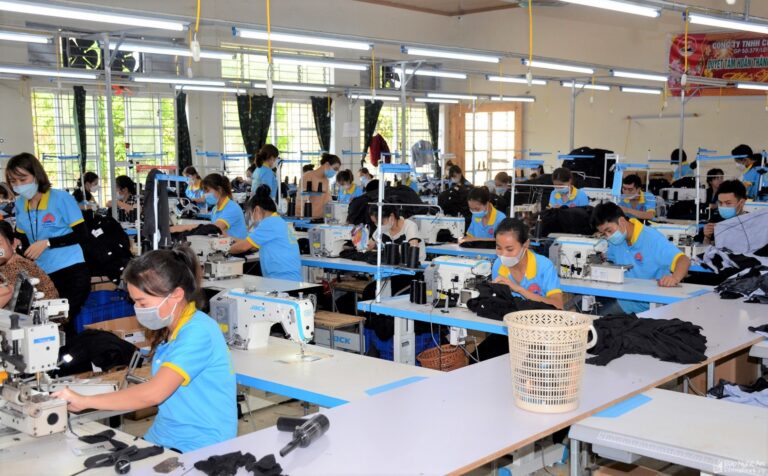 (Illustration: Labor and Trade Union)[/caption]
(Illustration: Labor and Trade Union)[/caption] - The right to equal employment opportunities and social benefits and the right to equal remuneration on the basis of merit (Articles 11, 14): on a basis of equality, women and men have the right to equal employment opportunities, including the application of the same criteria for recruitment; the right to equal remuneration, including benefits, to equal treatment for work of equal value and to equal treatment in the assessment of the quality of work.
- Right to protection from all forms of physical, sexual, emotional, mental and economic violence (Article 6): States parties shall take all appropriate measures, including legislation, to eliminate all forms of trafficking in women and exploitation of women in prostitution.
- The right to participate in elections, to run for election and to hold positions in the state apparatus (Article 7): to vote in all elections and referendums, to stand for election to all elected bodies; to participate in the formulation and implementation of government policies, to hold state positions and to perform all community functions at all levels of government; to participate in non-governmental organizations and associations related to the community and political life of the country.
- The right to represent their government at the international level (Article 8): the opportunity to represent their government in international forums and to participate in the work of international organizations.
- Right to acquire, change or retain nationality (Article 9): States must ensure in particular that marriage to a foreigner, or a change in the nationality of the husband during marriage, does not automatically change the nationality of the wife, render her stateless or force her to take the nationality of her husband; women have equal rights with men with regard to the nationality of their children.
Thus, the purpose of CEDAW is to bring real equality to women. That means governments must bring about practical results, not just theoretical ones. CEDAW prevents actions and policies that disadvantage women in all aspects. CEDAW obliges member states not only to prevent violations of women's rights by state agencies but also by other organizations and individuals.
Tra Khanh Member of the Party Central Committee, President of the Vietnam Women's Union Ha Thi Nga visits the model of the Women's Brocade Weaving Club in Gia Lai province. (Photo: Gia Lai Newspaper)[/caption] The importance of the CEDAW Convention CEDAW is the first international convention on women's rights not only in civil and political aspects but also in economic, social, cultural and family aspects. CEDAW points out the influences of culture and tradition that limit women's rights and make it difficult for authorities to change prejudices, stereotypes, customs and practices that discriminate against women. CEDAW includes the principle of obligations of states. This means that women are no longer dependent on the goodwill of the State but the State must have undeniable obligations towards women. CEDAW protects the rights of women
Member of the Party Central Committee, President of the Vietnam Women's Union Ha Thi Nga visits the model of the Women's Brocade Weaving Club in Gia Lai province. (Photo: Gia Lai Newspaper)[/caption] The importance of the CEDAW Convention CEDAW is the first international convention on women's rights not only in civil and political aspects but also in economic, social, cultural and family aspects. CEDAW points out the influences of culture and tradition that limit women's rights and make it difficult for authorities to change prejudices, stereotypes, customs and practices that discriminate against women. CEDAW includes the principle of obligations of states. This means that women are no longer dependent on the goodwill of the State but the State must have undeniable obligations towards women. CEDAW protects the rights of women(Illustration: Labor and Trade Union)[/caption]






![[Photo] General Secretary To Lam attends the 80th anniversary of Vietnam's diplomacy](https://vphoto.vietnam.vn/thumb/1200x675/vietnam/resource/IMAGE/2025/8/25/3dc715efdbf74937b6fe8072bac5cb30)




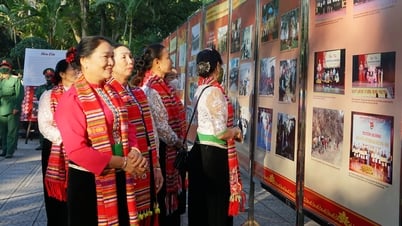

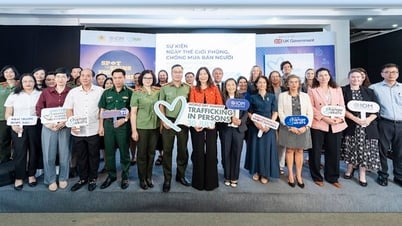



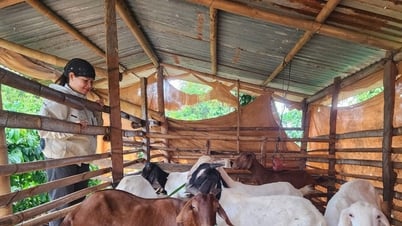

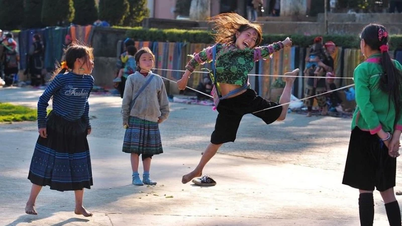





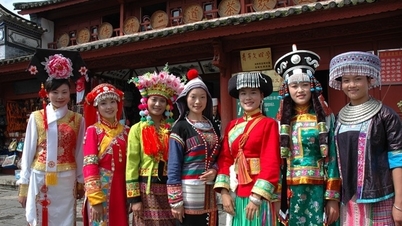


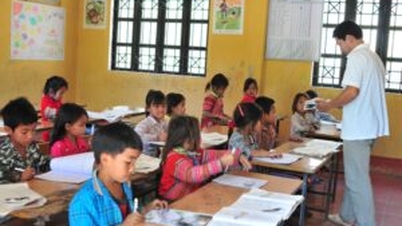




















































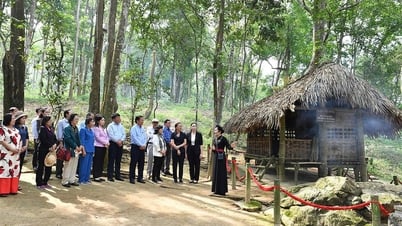





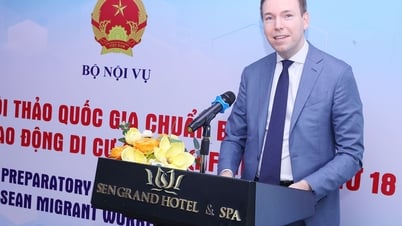












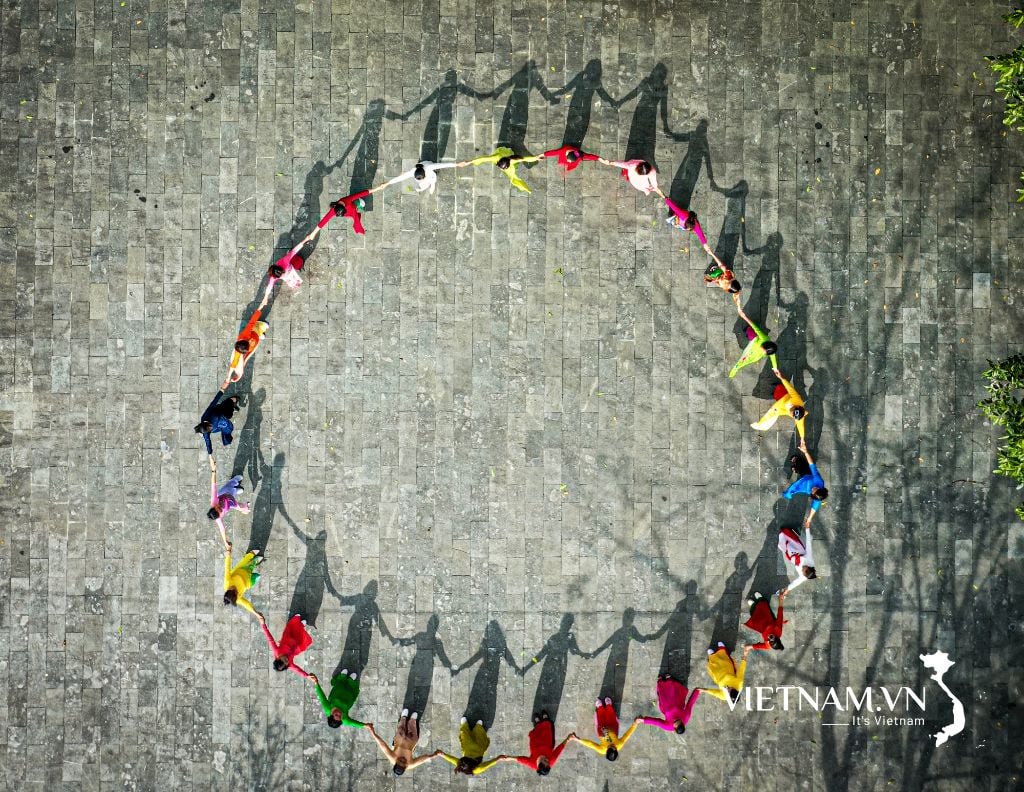


Comment (0)